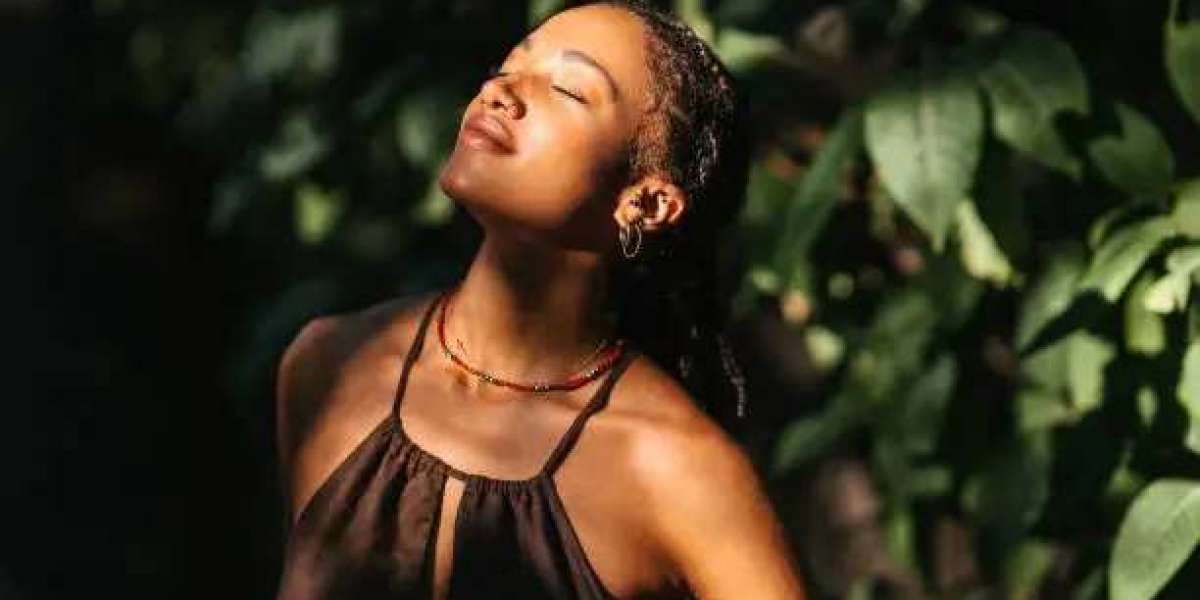A profound and deeply personal story of loss, memory, and national dreams has marked a historic first for Nigerian cinema at the prestigious Cannes Film Festival. "My Father's Shadow," the brainchild of brothers Akinola and Wale Davies, has captivated audiences and critics in the Un Certain Regard section, earning its place as one of the festival's clear standouts and making Nigeria's official selection debut.
The film, which premiered on Sunday, is a tender and shattering tribute to a father the Davies brothers barely knew. Akinola, who was only 20 months old when their father died, and Wale, then four, embarked on a decade-long journey to bring their poignant "what if" scenario to life: what if they had gotten to spend a day with him?
The genesis of the film traces back to 2012, when Wale sent Akinola a script for his first, and Akinola's first, read. "With zero context, he sent it to me, and I just had this real emotional reaction," Akinola Davies Jr. shared in an interview. "I actually cried when I read it because I had never conceived of the idea of spending a day with my father and what we would say to him and what he would be like.”
Set over a single day in Lagos in 1993, "My Father's Shadow" is not just a cinematic achievement; it's a national milestone. This marks the first time a Nigerian film has been included in Cannes' official selection, a moment of immense pride for the country and its vibrant film industry, Nollywood. In recognition of this historic achievement, Nigeria has for the first time established its own national pavilion in Cannes’ international village this year, a testament to the growing global recognition of Nigerian talent.
“It means a lot to people back in Nigeria. It means we can exist on these platforms, and our stories can exist in these spaces,” said Davies, underscoring the film's significance beyond its artistic merit. “It’s a testament to the talent that’s around in Nigeria. It’s a testament to the stories that are there. It’s a testament to the industry that’s flourishing.”
While "My Father's Shadow" has strong ties to the United Kingdom, where Davies is based, its roots are undeniably Nigerian. "The Nigerian press asks me a lot if the film is Nollywood or not Nollywood. I would say it is because all the technicians work in Nollywood," Davies affirmed, highlighting the collaborative spirit that transcends geographical boundaries.
Shot entirely in Lagos, the film's rich texture and evocative atmosphere are deeply infused with the city's unique character. “Point a camera at anything in Lagos, and it’s so cinematic,” Davies mused. “I have this real sense of romance for Nigeria... Everyone’s like, ‘It’s super chaotic,’ but for me it’s actually very still. Just driving around in the car feels really cinematic to me. I just take pictures of people all the time.”
"Gangs of London" actor Ṣọpẹ́ Dìrísù delivers a compelling performance as Folarin, the elusive father. In the film, the young boys (Chibuike Marvellous Egbo and Godwin Egbo) unexpectedly find him at their home outside Lagos, a rare occurrence given his work in the city. What unfolds is a revelatory trip into Lagos with their father, a journey that mirrors the Davies brothers' own quest to reconstruct a figure from fragmented memories and stories. Akinola, who is named after his father, shares that their father tragically developed epilepsy and died during a seizure.
"It’s kind of the confluence of memory, dream, and hearsay,” Davies explained, describing the intricate process of crafting their fictional father. “How do you work through all of that to create a portrait?”
Beyond the personal narrative, "My Father's Shadow" subtly intertwines with a pivotal moment in Nigerian history. The film is set on the very day in 1993 when Gen. Ibrahim Badamasi Babangida, who seized power through a coup, famously refused to accept the results of a democratic election. On this day, not just the conjured memory of the Davies’ father, but also the broader dreams of a nation, were put on hold.
"My Father's Shadow," the first feature film from Akinola Davies Jr. following the BAFTA-nominated short "Lizard," confirms his emergence as a significant directorial voice. More than a career milestone, however, the film has served as a deeply cathartic experience for Davies. “Being the age I am, I’ve done my grieving,” Davies reflected. “But just before we shot, I realized I was still grieving. Our prep started about a week after the anniversary of my dad’s passing. Every year, my mom calls me or texts me. I took my brother to his grave, put flowers down, and made kind of a ceremony out of it.”
With Mubi having already acquired North American distribution rights, "My Father's Shadow" is poised to bring its universal themes of family, loss, and the power of storytelling to a global audience, further solidifying Nigeria's growing presence on the international cinematic stage.








